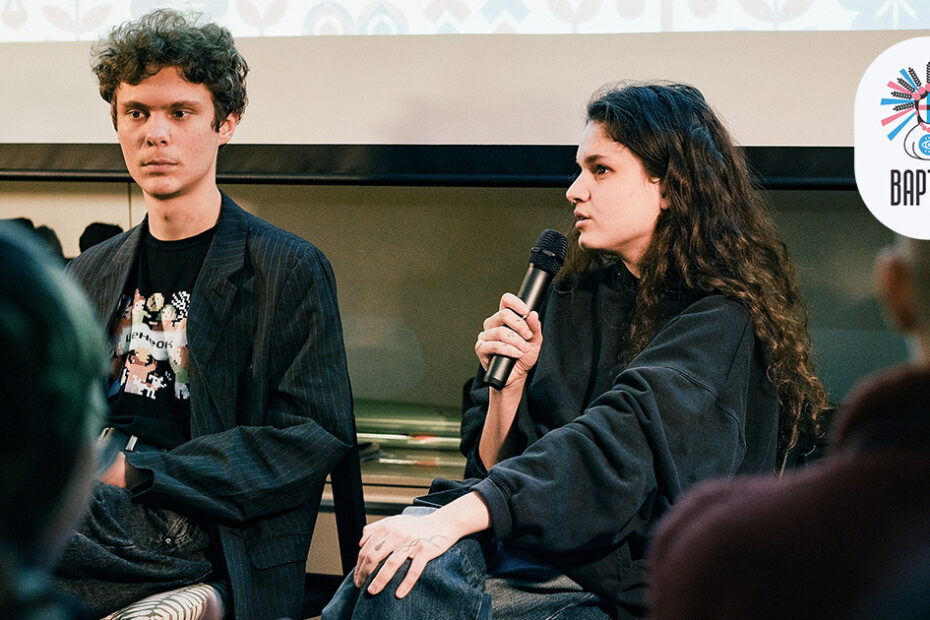From October 2024 to April 2025, the VARTOVI platform has been actively evolving in line with its core mission — monitoring, analyzing, and responding to hate crimes targeting LGBTQI+ individuals in Ukraine.
The VARTOVI project operates across three key areas:
- Education – engagement with law enforcement and activist communities;
- Monitoring – documentation of hate crimes;
- Advocacy – supporting victims and pushing for the criminalization of hate-motivated offenses.
During this period, the Gender Stream team collected significant data, provided legal assistance to victims, and delivered training sessions for police officers and activists.
Monitoring and Analytics: Real Numbers, Real Issues
VARTOVI’s documentation and advocacy efforts formally launched in December 2024. Since then, 58 incidents have been recorded, including:
- Hate crimes – 32 cases (physical assault, harassment, property damage, unlawful detention, etc.);
- Discrimination – 12 cases (in law enforcement, healthcare, education, services, and workplaces);
- Other violations – 10 cases (hate speech, non-consensual outing with consequences, intimidation, etc.);
- Fines for “homosexual propaganda” in occupied territories – 4 cases, highlighting the repressive actions of the occupying authorities.
Notably, 36% of documented cases involved direct contact with victims, while 19 cases were identified via media sources.
VARTOVI’s legal team is currently handling 3 active cases, including the assault on Daniiel Skrypnyk in January 2025.
Legal Support: Fighting for Justice
Beyond documentation, VARTOVI provides legal aid to those affected.
The Case of Daniel Skrypnyk
In January 2025, Daniiel Skrypnyk was attacked in Kyiv. The assailant pushed and beat him while shouting slurs in front of witnesses. Police arrived at the scene, documented the incident, and interviewed witnesses — however, the perpetrator had already fled.
A pre-trial investigation is currently underway. A lawyer from the Gender Stream team is actively working alongside law enforcement to ensure Daniiel’s rights are protected.
Border Discrimination Against Transgender Individuals
In December 2024, multiple cases emerged involving unlawful denial of border crossing for transgender people, despite having valid documentation.
Case of Oleksandra
On December 20, 2024, at the Ugryniv border checkpoint, State Border Service officers detained a transgender woman without explanation, subjected her to unlawful questioning, and denied her exit from the country, despite proper documentation.
Similar incidents occurred on December 21 and 27 at other checkpoints and included:
- Aggressive behavior by border guards;
- Degrading treatment and unlawful confiscation of documents;
- Groundless accusations of document forgery.
Complaints were submitted to the Ombudsperson, the State Border Guard Service, and the National Police’s Human Rights Compliance Office. The case was shuffled between institutions — from border service to police, then to prosecutors and the court. Ultimately, the court confirmed the legitimacy of the documents, and the victim is expected to have them returned shortly.
Advocacy and Awareness
To shift public discourse, VARTOVI has actively worked to enhance its media presence:
- Thematic publications on Gender Stream’s platforms;
- Features in leading national media: ZMINA, Сіль, Віледж, LIGA.net, PLATFOR.MA, #ШОТАМ, Патріот Донбасу.
- A radio segment on Radio Kultura;
- Collaborations with blogger Ihor Donskykh and Yana Brenzei.
These efforts not only raised awareness of hate crimes against LGBTQI+ individuals but also sparked public debate around the need for legislative reform.
Over the past six months, Instagram activity by VARTOVI monitors — Sonia Nesterenko, Nadiia, Mariia, and Vitalii — has boosted visibility around LGBTQI+ hate crimes and strengthened the platform’s recognition.
Key communication messages from VARTOVI monitors:
- Spotlighting hate crimes against LGBTQI+ people;
- Encouraging the public to report violations via VARTOVI;
- Explaining the role of monitors — what they do and how they support victims.
Impact on platform visibility:
- Reach – Clear, relatable language in posts and stories fosters trust and audience engagement;
- Consistency – Regular mentions and direct links in stories drive traffic to the platform’s website;
- Unified voice – Monitors often share and amplify each other’s messages, reinforcing a cohesive initiative.
Educational Initiatives and Government Collaboration
In November 2024, Gender Stream organized a training under VARTOVI titled “Human Rights Protection and Effective Response to Hate Crimes”.
Key outcomes:
- 30 participants, including 20 representatives from the National Police of Ukraine;
- Twice the anticipated interest from law enforcement, indicating growing demand for knowledge on hate crime response;
- Strengthened collaboration between activists and law enforcement for quicker response to discrimination cases.
VARTOVI also participated in Kyiv Queer Talk, where Sonia Nesterenko presented the platform’s work and advocated for Draft Law No. 5488, aimed at strengthening accountability for hate crimes in Ukraine.
What’s Next?
In just six months, VARTOVI has proven itself an effective mechanism for monitoring and responding to hate crimes in Ukraine. However, there is still much to be done:
- Continuing legal support for victims;
- Intensifying advocacy for the adoption of Draft Law No. 5488;
- Expanding the monitoring network for more comprehensive data collection;
- Delivering new training programs for law enforcement and public officials.
These six months have shown that consistent, systematic work yields tangible results. VARTOVI will continue its fight for LGBTQI+ rights — until everyone in Ukraine can feel safe, regardless of their identity.
This report was supported by HIAS as part of a partnership with the Jewish Federations of North America (JFNA). The views expressed in this material do not necessarily reflect those of HIAS or JFNA.
